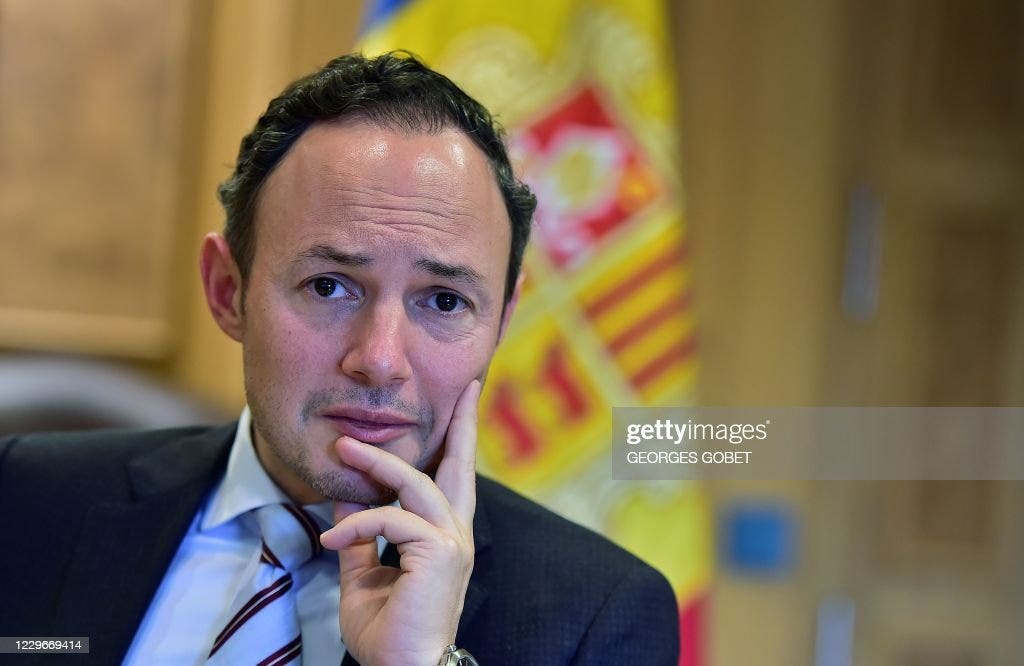Canada's Conservatives continue anti-trans turn
Guess what tiny country has a gay Prime Minister?
As expected, Canada’s Conservative Party convention adopted several anti-trans policies, including banning medical intervention for trans children and barring trans women from women-only spaces. In Canada’s party system, positions adopted by the party at a convention do not necessarily end up in the party’s formal electoral platform or governance agenda (that’s ultimately decided by the party leader), but they’re indicative of where the party’s grassroots are at. The next scheduled election is still two years away.
Meanwhile, the province of Ontario’s conservative premier Doug Ford, who is mired in a land swap scandal that saw several party donors essentially be gifted billions of dollars of land value while degrading environmentally sensitive land around Toronto, is desperately trying to change the channel by making stump speeches about how schools are transing the children. For now, it doesn’t seem like the media is biting too hard, because, as I wrote before, this witchhunt over schools hiding trans children from their parents is nonsense, and because the scale of the scandals surrounding Doug Ford is just too monumental to get away from.
Thailand’s new Prime Minister has pledged to “promote laws to support the rights and equality” of LGBTQ people, but did not specifically commit to equal marriage in a major policy speech kicking off his new government’s agenda.
The Hong Kong Free Press has a good explainer on the history of litigation around LGBT rights in the territory, and what rights same-sex couples already enjoy.
A court in Japan has denied a lesbian couple’s application for equal spousal benefits, finding that they are limited to heterosexual couples only, despite the fact the couple have registered their partnership with the municipality. This is also despite several court rulings over the past few years finding that denying same-sex couples acccess to marriage was unconstitutional.
The Prime Minister of Andorra Xavier Espot has come out of the closet as gay, saying he has never hid his sexuality. He says he wants to promote gender equality and fight LGBTI-phobia in the small Pyrenees country. He joins a small club of openly gay world leaders, including current and former prime ministers of Ireland, Iceland, Luxembourg, Serbia, Belgium, and the president of Latvia and co-captain regent of San Marino.
The government of Delhi, India, has responded to a court order to construct public toilets for third-gender people, announcing that more than 100 have been built and nearly 200 more are under construction. See, North America? It’s possible to have public toilets.
A year after its parliament formally abolished the death penalty, the government of Papua New Guinea is discussing bringing it back amid a rising wave of crime. To put this in context, PNG never actually even used the death penalty in its post-colonial history, and crime has always been rather shockingly high there. It’s unclear if or when the government would actually “bring it back” – it would require amending the penal code and would violate international treaties that the country is party to. Worth noting that PNG is also the largest of the South Pacific countries that still criminalizes gay sex.
Meanwhile, Armenia is set to join an international treaty that will completely abolish the death penalty. Armenia has already struck the death penalty from its laws, and has joined a treaty abolishing it for ordinary crimes. This treaty will abolish it for crimes during war times.





